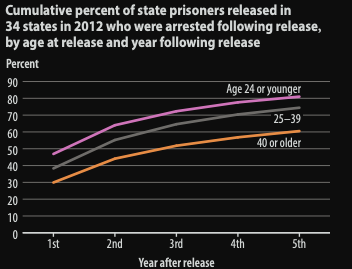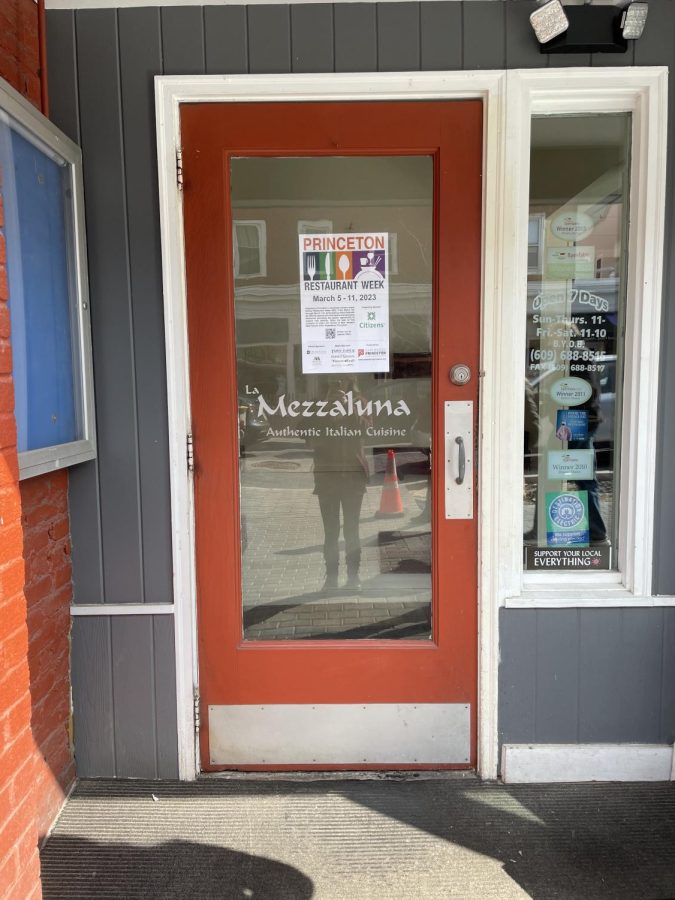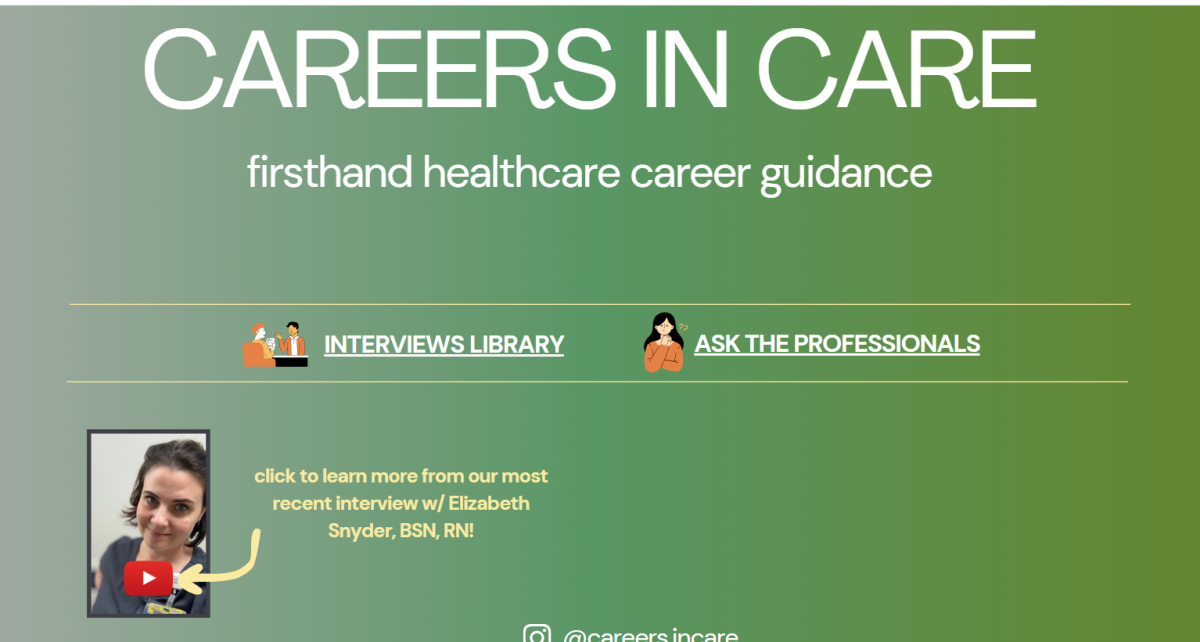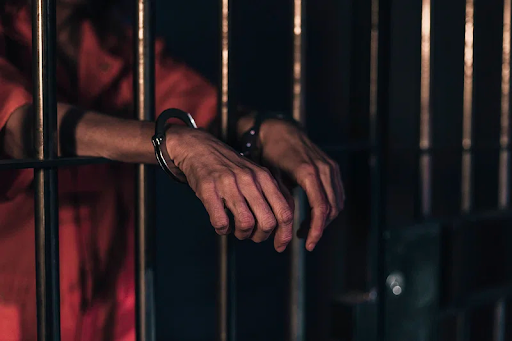By hiring 100 formerly incarcerated individuals, states stand to gain nearly $800k in increased tax revenue. However, according to the Economy League of Greater Philadelphia, 85% of ex-offenders remain unemployed up to a year after release, contributing to high recidivism rates. This grim reality perpetuates a vicious cycle, resulting in a staggering national average of 44% of ex-offenders returning to jail within a year, roughly the population of Wyoming.
The repercussions extend beyond mere economic stagnation, influencing communities already grappling with inadequate child care, substance abuse, and mental health challenges. The toll on resources is evident, burdening families and fostering mistrust between communities and the justice system. The ripple effect is most keenly felt in areas with elevated incarceration rates, where the cycle of crime and punishment appears almost inescapable. Breaking free from this cycle is an economic imperative and a crucial step toward rebuilding communities and fostering a more just and equitable society.
High reoffense rates are prominent in property and drug crimes (78% and 70%, respectively). Additionally, 11% of addicted inmates receive inadequate treatment which compounds the problems faced by formerly incarcerated people.

Crucially, high recidivism cuts across all racial and ethnic groups. In 2017, American Indians and Alaska Natives topped the list at 79%, despite making up only 1% of the total prison population. Notably, the population under 24 faces an 81% reoffend rate, while older offenders over 65 have a lower 26% rate. This highlights that socio-economic disparities and at-risk youth are some of the biggest signifiers of reoffense rates.


Understanding the underlying drivers of individuals’ recidivate is crucial before states can implement targeted interventions. Factors such as lack of employment opportunities, inadequate support systems, and insufficient access to education or mental health services contribute to the revolving door effect.
Education and employment significantly impact recidivism. NJDOC reports that 37.2% of released prisoners lack a high school education, and 92.3% lack a college education, emphasizing the need for post-secondary education. Securing post-prison employment is crucial for successful reentry, providing structure, independence, and a positive societal role. Unfortunately, employers often overlook those with criminal records, creating persistent job barriers. Financial struggles force reliance on emergency welfare which hinders shelter, food, and hygiene access. Studies confirm a strong link between unemployment, homelessness, and continued criminal activity, emphasizing the need to address employment challenges for those with criminal histories.
Once skeptical about earning a college degree in prison, Dameon Stackhouse, who served over a decade in prison for second-degree robbery, found a life-changing opportunity through the New Jersey Scholarship and Transformative Education in Prison (NJ-STEP) initiative. Completing his bachelor’s degree at Rutgers post-release, Stackhouse obtained a Master’s in Social Work and actively participated in a diversion initiative to guide juveniles away from engaging in criminal activities and the criminal justice system. His journey exemplifies the transformative impact of education, inspiring those within the prison system and the youth he mentored as he worked towards establishing a youth center to make a positive difference in his community.
Mental health issues also significantly contribute to incarceration and recidivism. Over a third of formerly incarcerated individuals have physical or mental disabilities and 80-90% meet the criteria for mental health disorders. Released individuals strain healthcare systems, as they are often facing chronic conditions and higher infectious disease rates. Immediate access to medication is crucial for employment, as untreated physical and mental health conditions lead to continuous unemployment and potential harm. The lack of post-release medical access poses risks, especially for psychiatric medication. Addressing these challenges is essential for successful reentry. The US Department of Justice’s Specialized Mental Health Courts program may reduce recidivism for those with significant mental illness by bringing awareness of these issues into the court system.
Substance abuse is also prevalent among offenders, with 85% of individuals affected; this contributes to high recidivism rates. Drug abusers, particularly amid the opioid crisis, face elevated relapse and reoffense rates. The link between health, addiction, and recidivism underscores reentry as a public health concern. New Jersey, like other states, is grappling with a rising opioid epidemic, impacting marginalized communities and exacerbating disparities. NJ has been running specialized drug courts since 2002, emphasizing treatment, reducing criminal activity, and controlling state expenditures. New Jersey’s drug courts provide an alternative to incarceration, offering hope to people with a substance use disorder. With a graduation rate of 37% and low re-arrest rates (only 2.5% over three years post-drug court), these programs demonstrate a positive impact, emphasizing the transformative potential of recovery over incarceration.
Additionally, due to a lack of system aid or supervision, a growing number of released prisoners nationally and in New Jersey face daunting reintegration challenges. Despite the benefits of parole in reducing recidivism, an increasing number of felons are released as unsupervised max-outs (individuals who served their full sentence, rather than being given parole), leading to higher rearrest rates compared to parolees. In a peculiar case study, Eugene Brown’s life took a transformative turn after serving time in a New Jersey prison when he met his mentor, Massey, who taught him chess. Recognizing chess as a metaphor for life, Brown established a chess club, imparting valuable life lessons. His journey from incarceration to a successful businessman was immortalized in the movie “Life of a King” starring Cuba Gooding, Jr. and serves as an inspiring testament to the power of redemption, mentorship, and personal growth.
New Jersey has taken a proactive stance in reducing recidivism, with organizations like the NJ Reentry Organization implementing rehabilitation, education, and vocational training programs; however, their annual report underscores the need for broader support, advocating for state community centers in every county and a revitalized parole system to facilitate a comprehensive and gradual reintegration for formerly incarcerated individuals burdened by legal fees and debts resulting from factors like childcare and missed court dates during incarceration.
It is imperative that communities learn from these models and replicate them on a larger scale, urging state governments to allocate essential resources and infrastructure. Governments can pave the way for lower recidivism rates and safer communities through strategic investments in reintegration programs, fortifying parole systems, and nurturing community support.























